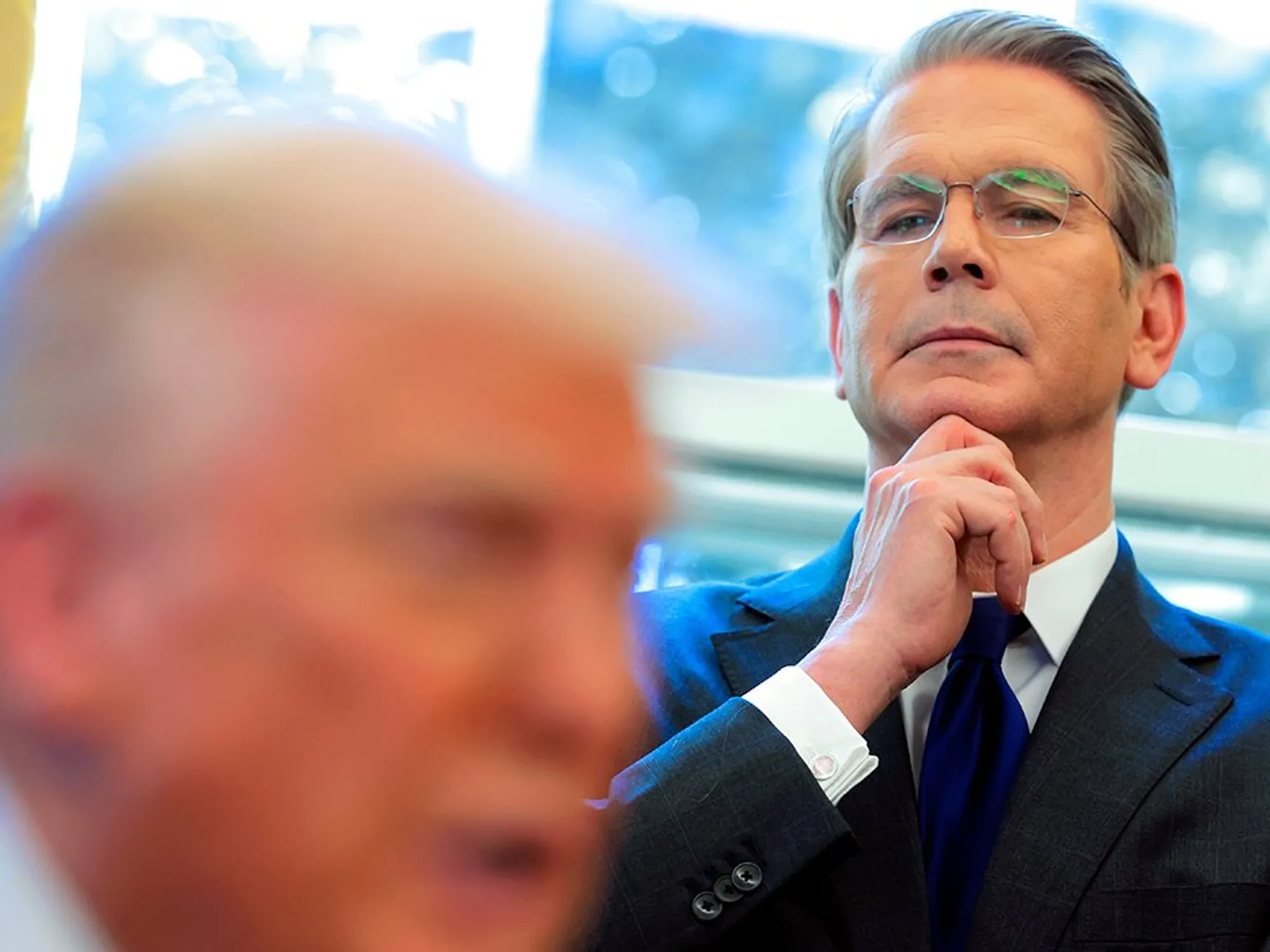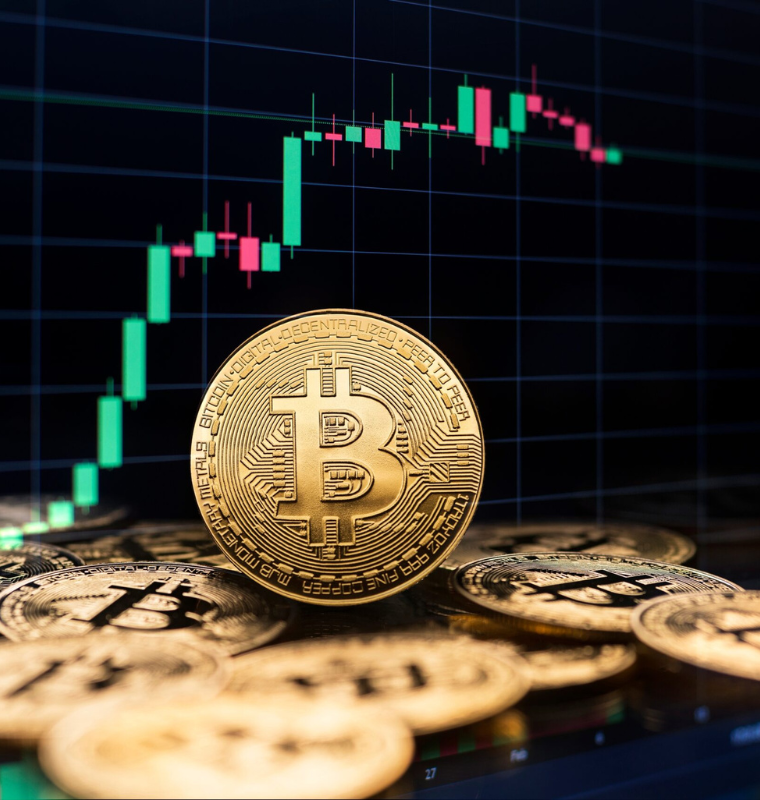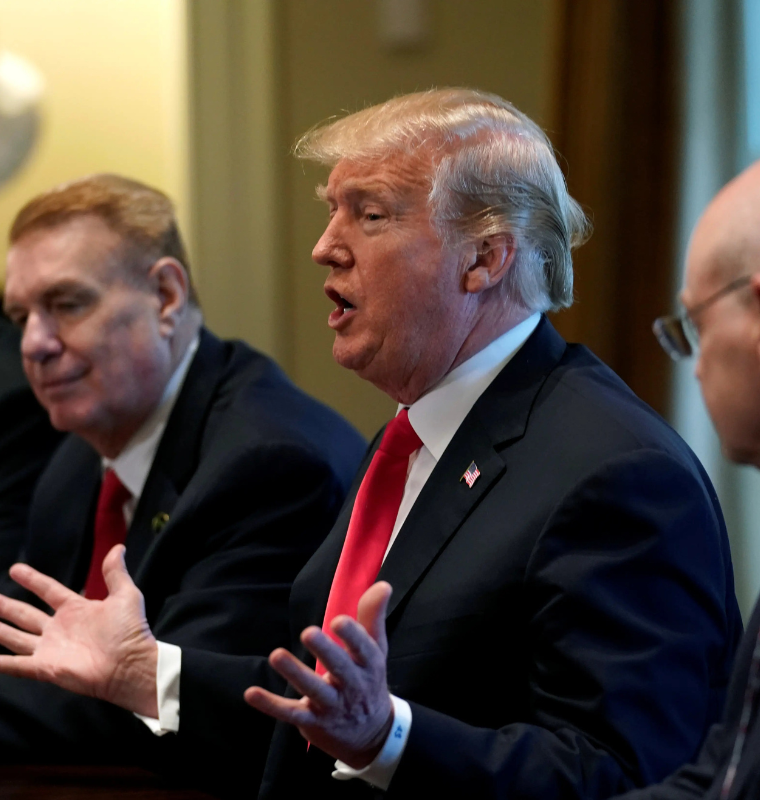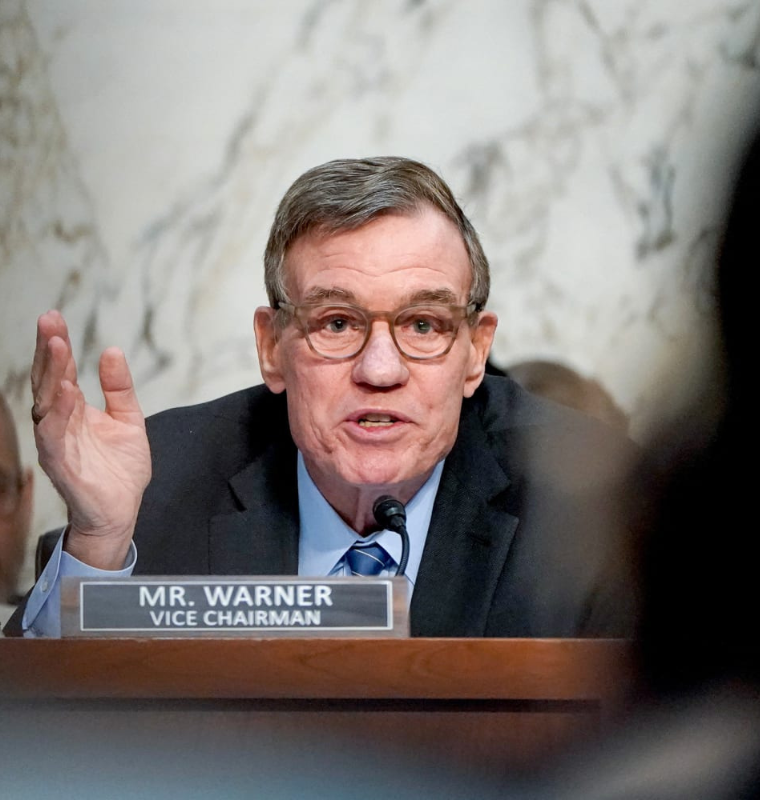Wall Street Shrugs Off Trump-Fed Tensions as S&P 500 Surges Past 6,300 Milestone
Wall Street Shrugs Off Trump-Fed Tensions as S&P 500 Surges Past 6,300 Milestone
By
Rachel Steinberg
Last updated:
July 22, 2025
First Published:
August 6, 2025

Photo: Advocate.com
Investors Push Markets Higher Despite Political Noise
In a show of resilience against mounting political friction, the S&P 500 closed above 6,300 for the first time in history on Monday—marking a significant psychological and technical milestone for U.S. equities. The rally came even as Treasury Secretary Scott Bessent openly criticized the Federal Reserve for maintaining elevated interest rates despite cooling inflation.
This latest market surge underscores investors’ confidence in the broader economy, even amid sharp disagreements between the Trump administration and the central bank over monetary policy and interest rate strategies.
Bessent Takes Aim at the Fed’s Stance
Speaking at a financial conference in Washington D.C., Bessent expressed deep frustration over the Fed’s decision to keep interest rates unchanged throughout 2025, despite months of declining inflation figures.
“I just don’t understand what all these PhDs at the Fed are doing,” Bessent said. “Inflation has been minimal, yet we’re still holding onto high rates that could stall growth.”
June’s Consumer Price Index (CPI) showed a modest 2.4% year-over-year increase—its highest since February, but still well within the Fed’s comfort zone compared to pandemic-era peaks. Core inflation, which excludes volatile food and energy prices, has also been trending downward for five consecutive months.
Markets Rally While Political Uncertainty Lingers
Despite these tensions, the S&P 500 continues to rally—fueled by strong earnings reports from tech giants, steady consumer spending, and continued optimism around artificial intelligence-driven productivity gains. Monday’s close at 6,317 marked a 15% gain year-to-date, supported by heavyweights like Nvidia, Apple, and Microsoft.
Investors appear to be looking past the Fed-White House drama and focusing instead on fundamentals: declining inflation, improving productivity metrics, and a steady job market, albeit unevenly distributed across sectors.
Meanwhile, Trump Media’s growing presence in the crypto space added to market intrigue, revealing a surprising $2 billion reserve in bitcoin. The move highlights a broader trend of corporations diversifying into digital assets as a hedge against policy uncertainty.
Tariff Tensions Add Another Layer of Complexity
At the same time, global trade tensions are once again on the rise. The Trump administration’s upcoming tariff deadlines—particularly on Chinese and European goods—are expected to put added pressure on international negotiations. A 10% blanket tariff on imports from key trade partners is reportedly under consideration, which could ripple through both supply chains and equity markets in the coming months.
“These tariffs are a wildcard,” said Amanda Lee, Senior Global Strategist at CapitalIQ. “They could boost domestic producers, but they also risk igniting retaliatory measures from abroad, potentially tightening credit and increasing volatility.”
A Warning to Job Seekers: Don’t Bet on Grad School Alone
In contrast to the optimism on Wall Street, many Americans continue to face challenges in the labor market—particularly in sectors disrupted by artificial intelligence. While some are considering returning to school for advanced degrees, experts warn that a graduate degree alone may no longer be enough to secure a role at institutions like the Federal Reserve.
“Credentials are valuable, but not sufficient anymore,” says David Knox, an economist at the Brookings Institution. “We’re seeing the Fed and other institutions focus increasingly on hands-on skills, policy experience, and adaptability to tech disruption.”
Global Small-Caps and Europe’s Growth Potential
Goldman Sachs analysts recently highlighted another potential bright spot for investors: European small-cap stocks. After lagging behind their U.S. counterparts for years, these companies are now trading at historically low valuations and could benefit from both fiscal stimulus and growing M&A activity.
“The upside potential here is significant,” said Goldman equity strategist Rachel Berman. “Especially if Europe avoids a recession and benefits from AI-driven manufacturing efficiencies.”
Final Thoughts: Opportunity Amid Uncertainty
While political friction and trade turbulence are likely to shape headlines in the weeks ahead, the markets are currently betting on long-term economic strength. From record-breaking index performance to new crypto plays and global small-cap opportunities, the picture is more nuanced than it first appears.
For investors willing to look beyond the noise, the current environment presents both risk and reward—making diversification and a keen eye on policy shifts more important than ever.
Popular articles
Subscribe to unlock premium content
Disney’s Timeless Magic and How the Entertainment Giant Continues to Shape Culture and Innovation

Imran Khan’s Economic Missteps Amid Political Chaos in Pakistan

The Philippines’ Digital Shift How Remittances and BPO Are Fueling Growth

Disney’s Timeless Magic and How the Entertainment Giant Continues to Shape Culture and Innovation

Imran Khan’s Economic Missteps Amid Political Chaos in Pakistan

Disney’s Timeless Magic and How the Entertainment Giant Continues to Shape Culture and Innovation









